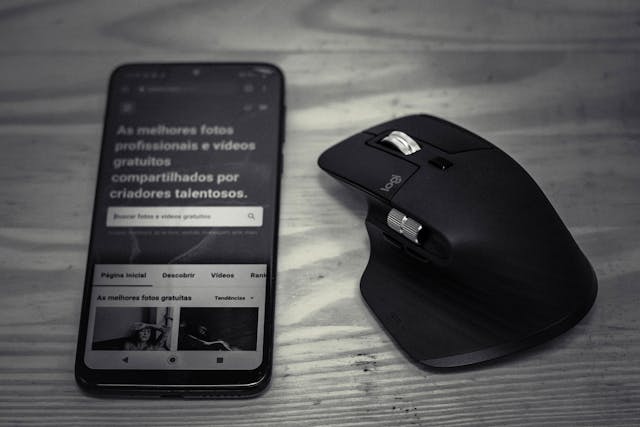
Cross-Platform Mobile Development with Ionic
In today’s fast-paced digital world, mobile applications are essential for businesses to engage with their customers and provide seamless user experiences. However, developing separate applications for iOS and Android can be time-consuming and costly. Cross-platform mobile development frameworks like Ionic offer an efficient solution. In this blog post, we’ll explore the benefits of using Ionic for cross-platform mobile development and how it can streamline your app development process.
What is Ionic?
Ionic is an open-source framework for building high-quality cross-platform mobile applications using web technologies like HTML, CSS, and JavaScript. It provides a comprehensive library of pre-designed UI components, tools, and services that enable developers to create native-like mobile experiences for both iOS and Android from a single codebase.
Key Benefits of Using Ionic
-
Single Codebase, Multiple Platforms
With Ionic, you can write your application once and deploy it across multiple platforms, including iOS, Android, and even the web. This significantly reduces development time and effort, allowing you to reach a broader audience quickly. -
Native-Like Performance
Ionic leverages Capacitor, its native runtime, to provide access to native device features and ensure high performance. Your applications can utilize native device capabilities like camera, geolocation, and push notifications seamlessly. -
Rich UI Components
Ionic comes with a wide array of pre-designed UI components that follow platform-specific guidelines. This ensures that your app looks and feels native on both iOS and Android, providing a consistent user experience. -
Extensive Ecosystem
Ionic has a vast ecosystem of plugins and integrations that enhance its functionality. You can easily integrate with popular tools and services like Firebase, Cordova plugins, and third-party libraries to add features and extend your app’s capabilities. -
Developer-Friendly
Ionic’s documentation is thorough and well-organized, making it easy for developers to get started. Additionally, it supports popular frameworks like Angular, React, and Vue, allowing you to choose the technology stack you are most comfortable with.
How Ionic Works
Ionic combines the power of web technologies with native device capabilities through the following key components:
Ionic Framework
The core library that provides UI components and navigation patterns to build your mobile app.
Capacitor
A cross-platform native runtime that allows you to call native SDKs and APIs directly from your JavaScript code.
Ionic CLI
A command-line interface that offers a suite of tools for creating, building, and running Ionic applications.
Ionic simplifies the process of cross-platform mobile development by allowing you to create high-quality, performant applications using familiar web technologies. With its extensive set of UI components, robust ecosystem, and support for native device features, Ionic is an excellent choice for developers looking to build apps for multiple platforms efficiently. Embrace the power of Ionic and deliver seamless mobile experiences to your users, regardless of the device they use.










